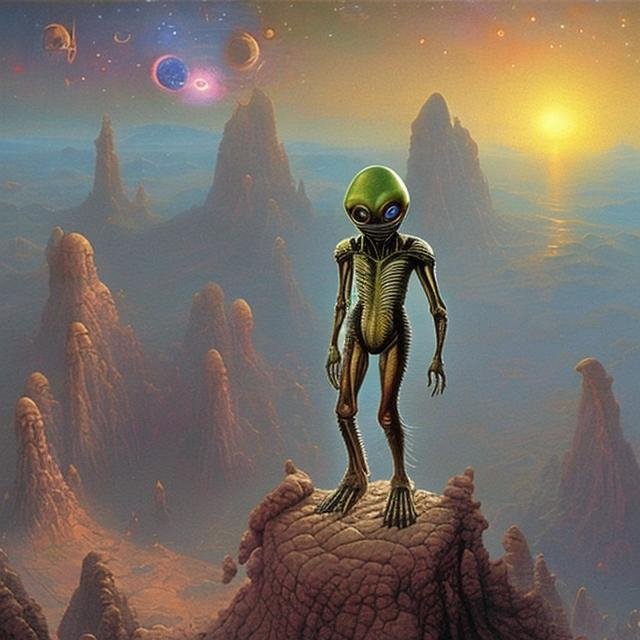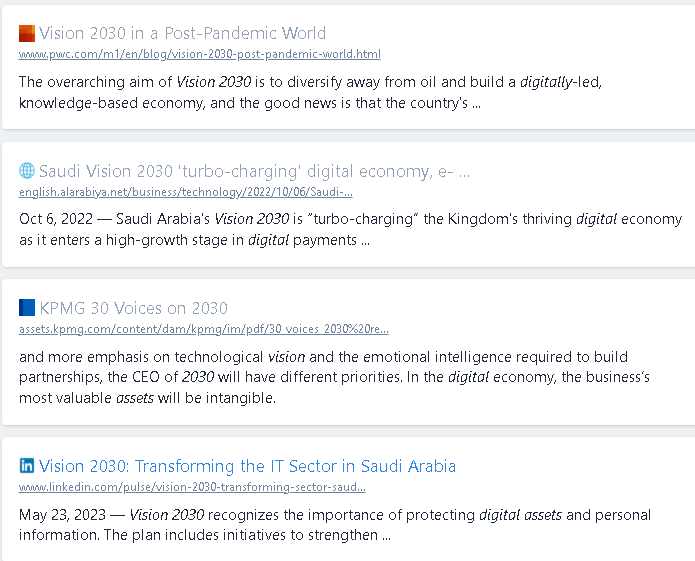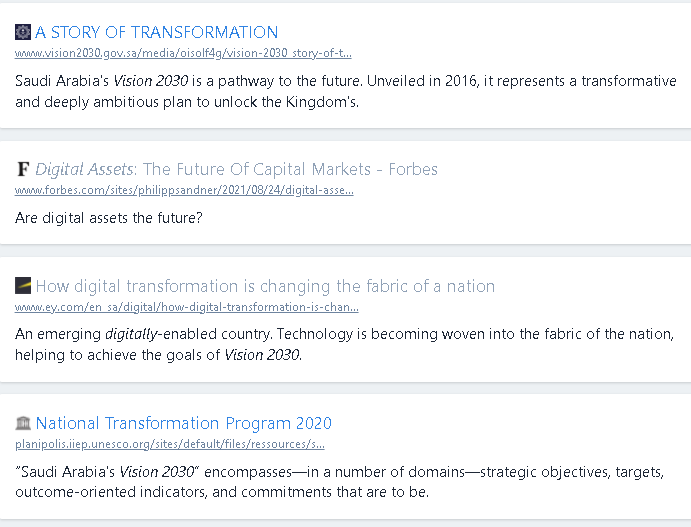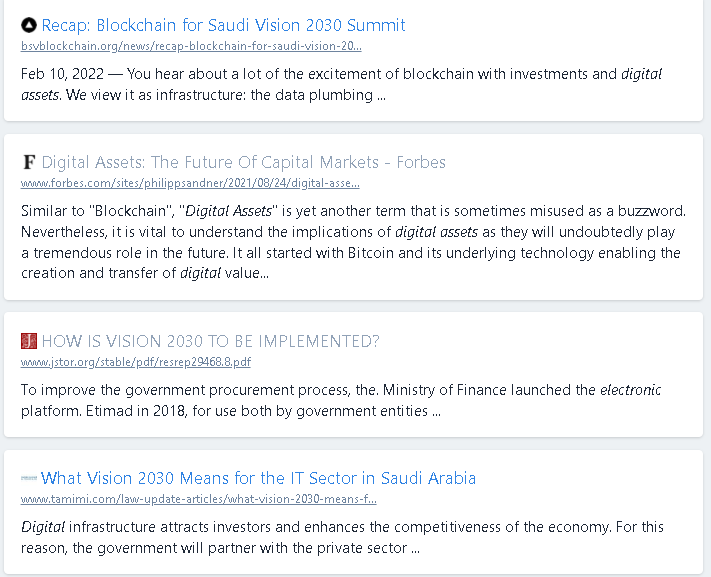Digital Assets Vision 2030 and the Value of Hive Blockchain: Navigating a New Economic Frontier

A great day to all Hivians, lions, cubs, SoMeeans, and other tribes and communities built on Hive! Allow me to write a post aimed not at Hive natives but at my colleagues in the Web2 world. There is more of a need to talk to "outsiders" than to those who have already been inside Hive for months. I assume that by staying and engaging on Hive that long you are already convinced about the kind of "product" we are selling here.
The Challenge in Speaking to Web2 People
The problem in talking to Web2 people is that our language sounds strange to them and that is why if you are not cautious, it is not uncommon for people to think that you are either a conspiracy crackpot or someone joining a movement that intends to overthrow the existing system. That to them is too dangerous a thinking. They don't want to listen to that kind of message for they have been "educated" to accept that there is nothing they can do to change what's going on. And besides, though they experience the setbacks of a broken system, they have difficulty identifying precisely the root cause of it.
And so as we communicate to Web2 people, we should try our best to refrain from speaking too much Web3 material for it either scares them or our message is considered too mysterious for them to be fully understood. It is a piece of common knowledge in communication that if there is a huge gap to be bridged in the language between two people talking to each other, either one is just listening for the sake of respect to the speaker or the speaker himself is talking over the head of his listener. In such a scenario, there is no true communication.
I think the model here is the principle of incarnation, the divine assumed a human form. This principle is applicable in whatever field, in theology, economics, and even in cutting-edge technology such as blockchain and cryptocurrency.
And so in writing this post, I beg your patience for I intend this to serve as a kind of overview orientation to a module that I plan to create both for my colleagues and the students in our school.
Sources of Ideas
Another caveat. After more than two years on Hive, this is my first attempt to write a serious article about fintech. In writing this piece, I acknowledged my indebtedness to Google articles, Ark Invest, and artificial intelligence. However, I will not include all the insights I gleaned from these sources. I will just mention contents that made sense to me. With all the identified references, I don't want to pretend to be someone knowledgeable in a field that I consider still new despite my two years and two months of navigating this space. And so this piece will just serve as my introduction to this writing project about Digital Assets Vision 2030 and the Value of Hive Blockchain: Navigating a New Economic Frontier
Vision 2030 of Saudi Arabia
My first source is the web. As I browsed the web looking for existing information related to the content I have in mind, I was surprised to see that articles about Saudi Arabia's vision for digitalization dominate the top searches. Among the top 13 articles, 9 of them are about Saudi Arabia's digital plan for the year 2030.




It appears that 2030 and beyond signals a very important decade in the future.
The Idea of Digital Nation and Financial Inclusion
Surprisingly, the idea of digital nation and financial inclusion, which I thought were originally on Hive, was already been utilized in the above Saudi Arabia articles. Of course, though the names are the same, the meanings and content are different.
Based on this article, a digital nation can be created by digitalizing the services of the government. Though the writer mentioned putting "digital technology at the heart of transformation," still his idea of change is very far from what we envision here on Hive.
Other Links
One source by jstor.org, I dare not open it for I was asked to accept and download something before I can access the information I am looking for. The other two are PDF files, one from Dell and the other from KPMG.
The Dell paper has 10 pages. I browsed them looking for relevant data. The focus of the paper is more on Artificial Intelligence (AI) and the Internet of Things (IoT). There was no mention of blockchain and cryptocurrency. The focus is more on the role of machines.
The KPMG paper is longer. It has 47 pages. It is about "The future of financial services." Fintech and blockchain are mentioned. On page 5, Jonathan Holt forecasted that the financial services of the future will be "more interconnected and collaborative and virtually frictionless." In his mind, four key themes will emerge:
The first theme is about the role of data that will serve as "the heart of how financial services will make money in 2030."
As for the second theme, "safe, fast, and automated" transactions have been emphasized.
I don't like the third theme for it refers to regulation.
The final theme is about scaling.
Summarizing all the four themes, Holt issued a warning:
Taken together, these themes suggest that by 2030 industry boundaries will disappear. New entrants will disrupt and steal market share. Existing players will become disintermediated by their customers.
Those who fail to adapt will soon become extinct. That's how Holt introduced the "30 Voices" that businesses must listen to for them to know what lies ahead seven years from now.
Among the top 13 articles, I find the Forbes article most useful. It was published on 24 August 2021.
Just like my purpose in this post, the Forbes article is just an introduction to digital assets including the related opportunities and challenges. Among the problems the writer mentioned in the existing system include the "limitations on asset class availability, the difficulty of cross-border transfers, and minimum capital requirements." Philipp Sandner is optimistic about the advantages that digital assets can provide due to their inherent "universal applicability." Source
That ends my introduction to this overview.
https://inleo.io/threads/rzc24-nftbbg/re-rzc24-nftbbg-2ewpgmucx
The rewards earned on this comment will go directly to the people ( rzc24-nftbbg ) sharing the post on LeoThreads,LikeTu,dBuzz.